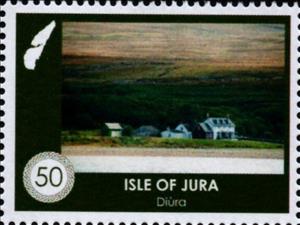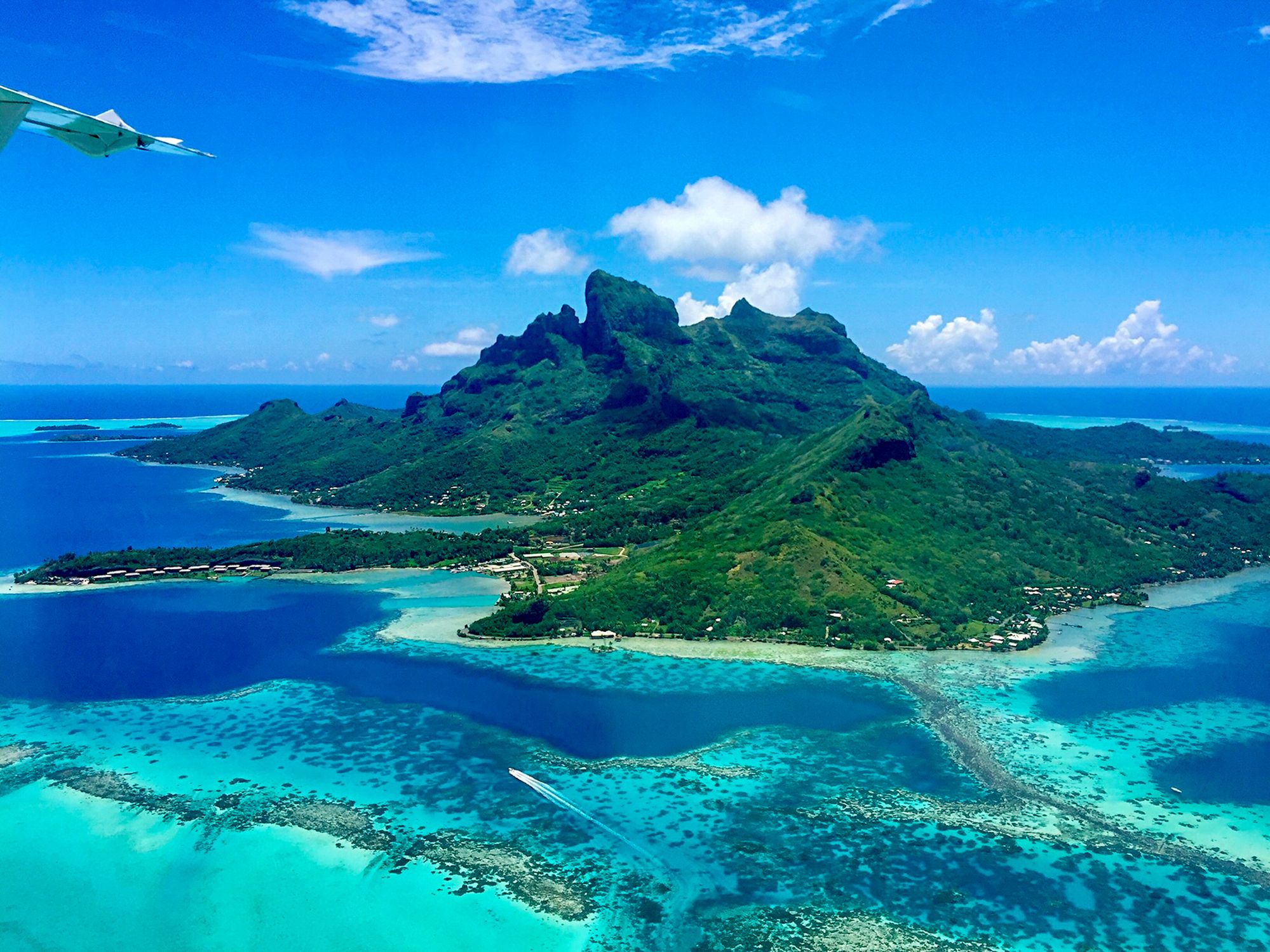Stamp: Inver Cottage (Cinderellas 2020)
Inver Cottage (Cinderellas 2020)
05 August (Cinderellas ) within release Isle of Jura (Scotland) goes into circulation Stamp Inver Cottage face value 50 British penny
| Stamp Inver Cottage in catalogues | |
|---|---|
| Colnect codes: | Col: GB-JU 2020-01 |
Stamp is horizontal format.
Isle of Jura, set of 9, most likely only ever issue.Also in the issue Isle of Jura (Scotland):
- Stamp - Inver Cottage face value 50;
- Stamp - The Paps of Jura face value 50;
- Stamp - Craighouse Parish Church face value 50;
- Stamp - The island road face value 50;
- Stamp - Craighouse village face value 50;
- Stamp - Jura distillery face value 50;
- Stamp - Craighouse beach face value 50;
- Stamp - The Small Isles face value 50;
- Stamp - Jura ferry face value 50;
Stamp Inver Cottage it reflects the thematic directions:
A house is a single-unit residential building. It may range in complexity from a rudimentary hut to a complex structure of wood, masonry, concrete or other material, outfitted with plumbing, electrical, and heating, ventilation, and air conditioning systems. Houses use a range of different roofing systems to keep precipitation such as rain from getting into the dwelling space. Houses generally have doors or locks to secure the dwelling space and protect its inhabitants and contents from burglars or other trespassers. Most conventional modern houses in Western cultures will contain one or more bedrooms and bathrooms, a kitchen or cooking area, and a living room. A house may have a separate dining room, or the eating area may be integrated into the kitchen or another room. Some large houses in North America have a recreation room. In traditional agriculture-oriented societies, domestic animals such as chickens or larger livestock (like cattle) may share part of the house with humans.
An island or isle is a piece of land, distinct from a continent, completely surrounded by water. There are continental islands, which were formed by being split from a continent by plate tectonics, and oceanic islands, which have never been part of a continent. Oceanic islands can be formed from volcanic activity, grow into atolls from coral reefs, and form from sediment along shorelines, creating barrier islands. River islands can also form from sediment and debris in rivers. Artificial islands are those made by humans, including small rocky outcroppings built out of lagoons and large-scale land reclamation projects used for development.
A landscape is the visible features of an area of land, its landforms and how they integrate with natural or man-made features. A landscape includes the physical elements of geophysically defined landforms such as (ice-capped) mountains, hills, water bodies such as rivers, lakes, ponds and the sea, living elements of land cover including indigenous vegetation, human elements including different forms of land use, buildings and structures, and transitory elements such as lighting and weather conditions. Combining both their physical origins and the cultural overlay of human presence, often created over millennia, landscapes reflect a living synthesis of people and place that is vital to local and national identity. The character of a landscape helps define the self-image of the people who inhabit it and a sense of place that differentiates one region from other regions. It is the dynamic backdrop to people’s lives. Landscape can be as varied as farmland, a landscape park, or wilderness. The earth has a vast range of landscapes, including the icy landscapes of polar regions, mountainous landscapes, vast arid desert landscapes, islands and coastal landscapes, densely forested or wooded landscapes including past boreal forests and tropical rainforests, and agricultural landscapes of temperate and tropical regions.



